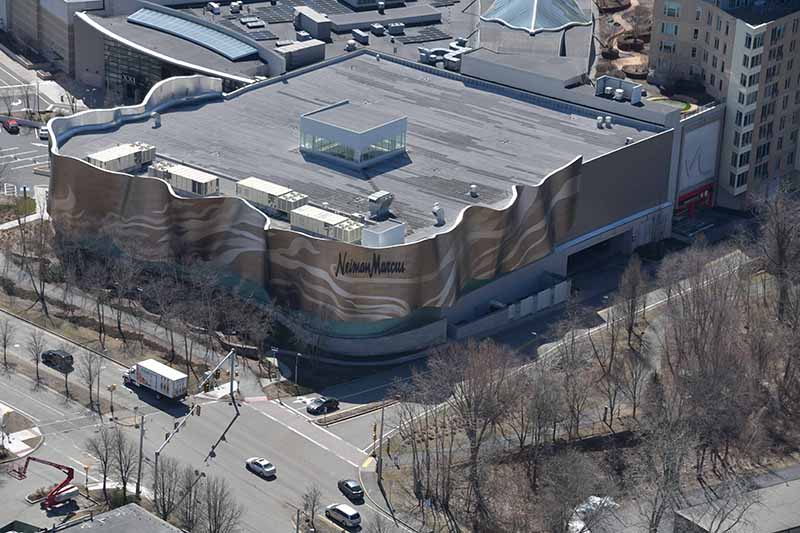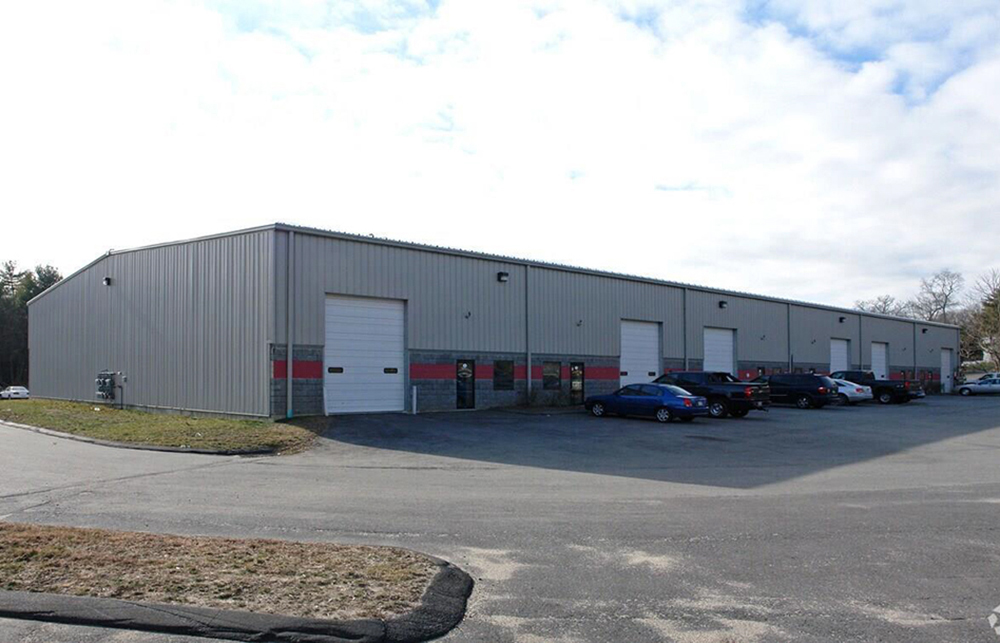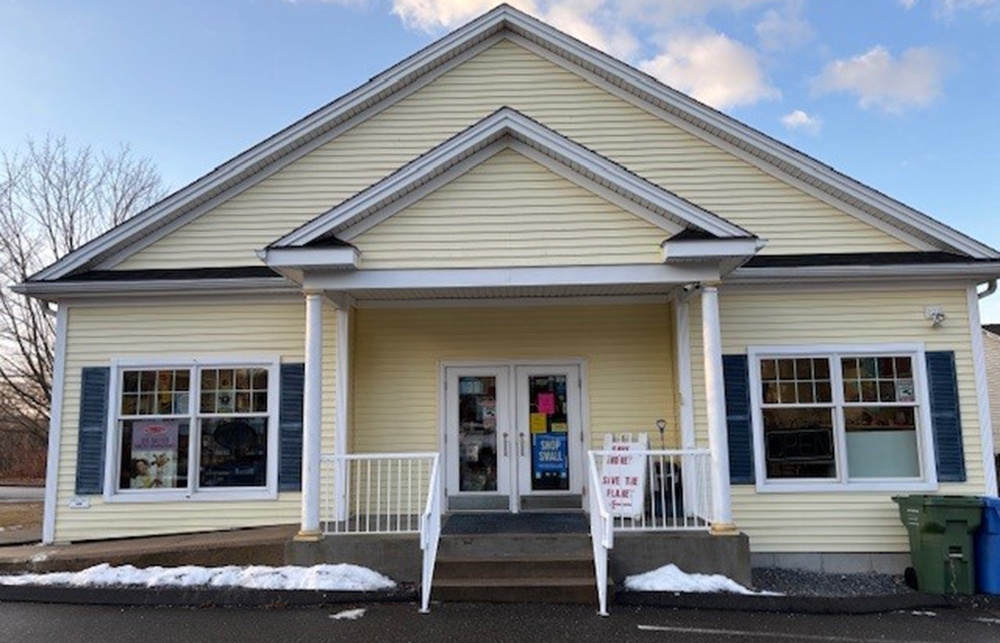Freudenheim Partners and Atlantic Retail
facilitate lease for 97,455 s/f Bosse Pickleball

Boston, MA Freudenheim Partners have negotiated a lease agreement totaling 97,455 s/f at the Natick Mall. Bosse Pickleball LLC has committed to a 10-year lease. The agreement marks a transformative shift for the former Neiman Marcus building, owned by The Bulfinch Companies, originally slated for lab re-use. Now, it is set to emerge as a premier entertainment destination, showcasing a pickleball venue.
The envisioned facility will have 21 pickleball courts, complemented by inviting lounge and event spaces, a training center, locker rooms, a physical therapy area, and a full-service restaurant curated by Boston-based chef, Chris Coombs. Additionally, patrons will enjoy the ambiance of two bars, adding to the venue’s allure and appeal.
Anticipated to open its doors in the fall of 2024, this project represents a collaboration of vision and expertise. Leigh Freudenheim, CEO of Freudenheim Partners, expressed enthusiasm for the venture and said, “This project epitomizes the evolution of pickleball, elevating it to new heights of sophistication and accessibility. The synergy between chef Coombs and Bosse Pickleball LLC promises an unparalleled experience for enthusiasts of all ages and backgrounds.”
Leigh Freudenheim represented Bosse Pickleball LLC as the tenant, while Scott Black and Andrew Murmes of Atlantic Retail represented the landlord in facilitating this transaction.
RapDev leases 17,587 s/f at 501 Boylston St. - lease brokered by JLL


Newbury Street: Boston’s timeless retail gem thrives in a modern era - by Joseph Aquino
Boston’s iconic Newbury St. continues to thrive as one of the most vibrant and compelling retail corridors in the United States. Nestled in the heart of the Back Bay, this historic St. has evolved into a powerhouse of high-St. retail, where luxury meets lifestyle and legacy brands coexist with up-and-coming names. With its European charm, diverse architecture, and unmatched foot traffic, Newbury St. remains a dynamic reflection of Boston’s energy, culture, and economic strength.

End of the year retail thoughts - by Carol Todreas

Placemaking and retail in 2024 - by Carol Todreas
Placemaking. That is the word for 2024. While the concept has historical precedence in urban development, it became part of our current culture in the 1960’s when urbanists started to think about cities for people, not just cars.

Retail / tariffs / uncertainty and (still) opportunity - Carol Todreas
As new tariffs continue to impact the global economy, retail businesses and investors are grappling with heightened uncertainty. From new high tariffs to supply chain issues to evolving consumer behaviors, continual changes are making it as or more challenging than the pandemic years. Yet, amidst this turbulence,









.png)
